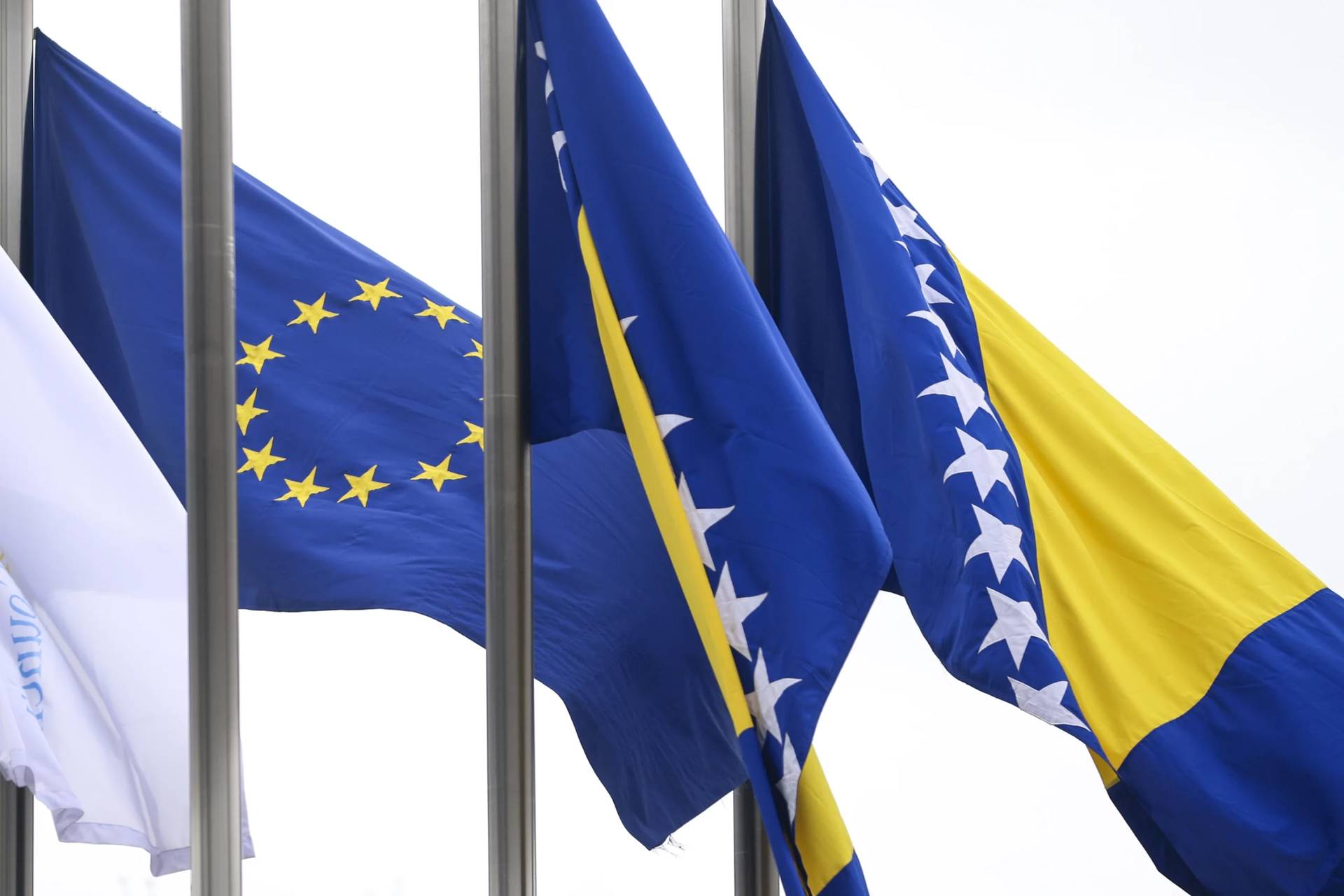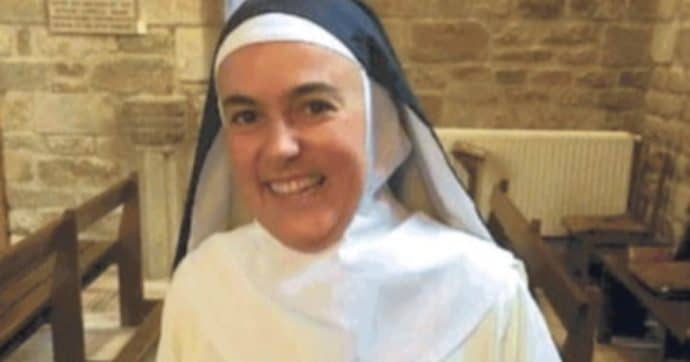ROME – Ukrainians living in the cities most impacted by the current war with Russia have many reasons to despair, but Father Taras Kchik has learned that sometimes a much-needed glimmer of hope can come from the simplest of places.
Kchik was born in Kyiv in 1986, “technically, the Soviet Union.” His parents emigrated to Canada when he was three. He finished high school there and began his university coursework only to leave it incomplete and return to Ukraine, where he joined the Redemptorists.
When Russian President Vladimir Putin ordered the invasion of Ukraine, Kchik was in Ivano-Frankivsk, a city in the southeast of the country. Yet, he said, “Last week, no, last month … time is a relative thing here,” his order asked him to go to Chernihiv, on the northern border with Russia, to help out in the monastery – “it is really more of a house” – and temporarily replace the community of three priests who endured the 40-day siege of the city.
“Ivano-Frankivsk had rocket attacks, but mostly at the edge of the city,” the priest told Crux by telephone. “Psychologically, that is hard for people to take, but it is not a direct danger. Chernihiv was surrounded and attacked for 40 days straight. There are parts of the city that no longer exist. There are tanks that were destroyed still on the streets. It’s very difficult to walk the 10-minute distance from our monastery and our church, and have to go through two craters in the street and a bombed school. Unfortunately, they really aimed at infrastructure, so you can see the damage in the hospitals and schools.”
According to the head of the Chernihiv Regional State Administration, at least 3,700 buildings were destroyed during the shelling and partial capture of the Chernihiv region by Russian troops.
During the worst of the siege, the monastery, occupied by two priests and a brother before the war, had an average of 45 people living there, with 58 people inside at times.
“People were trying to huddle together, to feel that safety,” he said. “We had some humanitarian aid coming through. We had a lot of people in our basement, and wherever you could lay a mattress, there was someone living there: The chapel, the kitchen, everywhere. And, of course, when there were bombings, everyone tried to run down into the basement.”
These included three Redemptorist priests who, days before the war, had gone to visit the monastery, as a way to express their closeness.
“They were passing through, but they got ‘stuck here,’ and two of them had some chaplaincy experience when the war started in the east in 2014, so they were very well adapted and ready for what happened here,” Kchik said. “I think there was a lot of God’s guidance. I can see it in what is going on here, and how impossible tasks are being accomplished.”
God’s guidance, he said, is what is giving him the strength to assist others, many of whom have lost it all. The community he shares with the priests in the monastery, with the Redemptorists throughout Ukraine and globally, is also a great support to him.
“Every time we get a shipment I know who is sending it, and they are shipping the things I had mentioned we needed, like diapers,” Kchik said.
Since arriving in Chernihiv, he has been busy: “On the one side, we are trying to give people any kind of solace and support that we can, and of course, at a time like this, people are even more in search of some sort of spiritual help, moral support, or someone to simply hear them out. On the other side, we are also providing humanitarian aid in whatever way we can to those who have suffered the most.”
And they are also rebuilding their community. The priest said that when he arrived in Chernihiv he was surprised at how many people attended Sunday Mass. He asked the superior if attendance had gone down, only to be told that “it is the same, but completely different: About the same number attend, but only 10 percent of them are the same people who attended before the war. The rest are new.”
This, Kchik said, has various reasons, including the fact that many of the parishioners who had family in the West left the city when they could, and also many Orthodox Christians joined, because they received help from the Redemptorists – who never left the city – and decided to stay.
In order to provide this aid, the local community has received help from the Redemptorists worldwide, “and this is keeping us going.” He has personally been in contact with the communities in Ireland and Spain, but many others have provided help, particularly the Redemptorists in Poland.
He said they all appreciate the humanitarian aid they have received as it demonstrates “that community, that support, that love. And because when they pass it to us, we can give it directly to our people.”
Tearing up, Kchik also recounted the months of work in the Frankivsk monastery, where they were able to, at different times, take in three orphanages. Most of these kids aren’t technically orphans, but were removed from their families by the state because of violent home lives.
The first group stayed the longest, and it included children with ages ranging from a few months old to 15 years old. They had been traveling several days together, and when they arrived, the older kids taking care of the younger ones.
“The way they cared for each other is a reminder that even in this horrible situation, you can see that love, hope, joy, comes out in the smallest of things,” he said. On Easter Sunday, the day before the children left, 21 of them were baptized at once. Employees of their kindergarten and some of the parishioners became the godparents, and to this day, they have remained in touch, with the adults calling the children on their birthdays and just to check in.
“And it is so important for the children to have that connection, someone who cares about them now, calls them,” Kchik said. “The happiness in these kids’ voices when they tell me their godparents called them, is something that nothing can destroy.”
But what makes his voice break is the story of an “old lady” and a “metal tea box filled with candy,” in Frankivsk. When someone came to them asking for humanitarian aid and the priests saw a child or an older person, they would open the box and offer a piece of candy.
“This old lady once came in, and I grabbed the box … because everyone knows what is in it,” he said. “And she pulls out these little candies, that are almost like a cough drop, for me to give to the kids. ‘The store in our neighborhood finally opened up again,’ she told me.”
“She suffered a lot and she has nothing. But her first wish was to let kids know that things are getting better,” Kchik said.
Follow Inés San Martín on Twitter: @inesanma
















